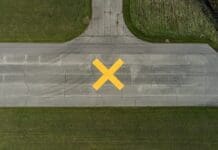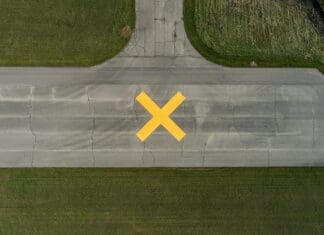This post is also available in:
 עברית (Hebrew)
עברית (Hebrew)
Let’s face it, many of us don’t really remember it and the younger ones don’t even know how to navigate using a map. Ever since GPS and computerized instruments came into our lives, we’ve all started relying a little too much on them.
For centuries our ancestors had to watch and map out the skies in order to identify their location while sailing on raging seas or travelling at the heart of the desert. This ancient science is known as celestial navigation, and it is performed using a sextant – a double-reflecting navigation instrument that uses mirrors to measure the angle between two visible object, first seen in the 18th century.The use of celestial navigation died out in the 1990s with the advent of satellites that could provide instant precision GPS tracking 24 hours a day, and the lessons in the old technique were officially struck off the Naval Academy’s curriculum. Now, though, the US Navy wants to bring them back due to fear of cyber attacks.
Sales of sextants have decreased dramatically since GPS was invented, however, a few thousand sextants are still sold to people who own yachts, who fear lightning strikes hitting ships’ masts and disabling GPS receivers in a storm. The US military also realized that a backup system is needed for American ships, but the reason for that is cyber attacks. As hackers and cybercriminals become more sophisticated in their attacks, the fear is that someone could hijack the GPS systems of US warships. Therefore, starting from next autumn, all enlisted ranks in the US Navy will start training in a special course on celestial navigation.
Sometimes classic and old-school is best, and perhaps we could still learn a thing or two and make do without GPS, just so we can return home some night when our phone battery dies.


























